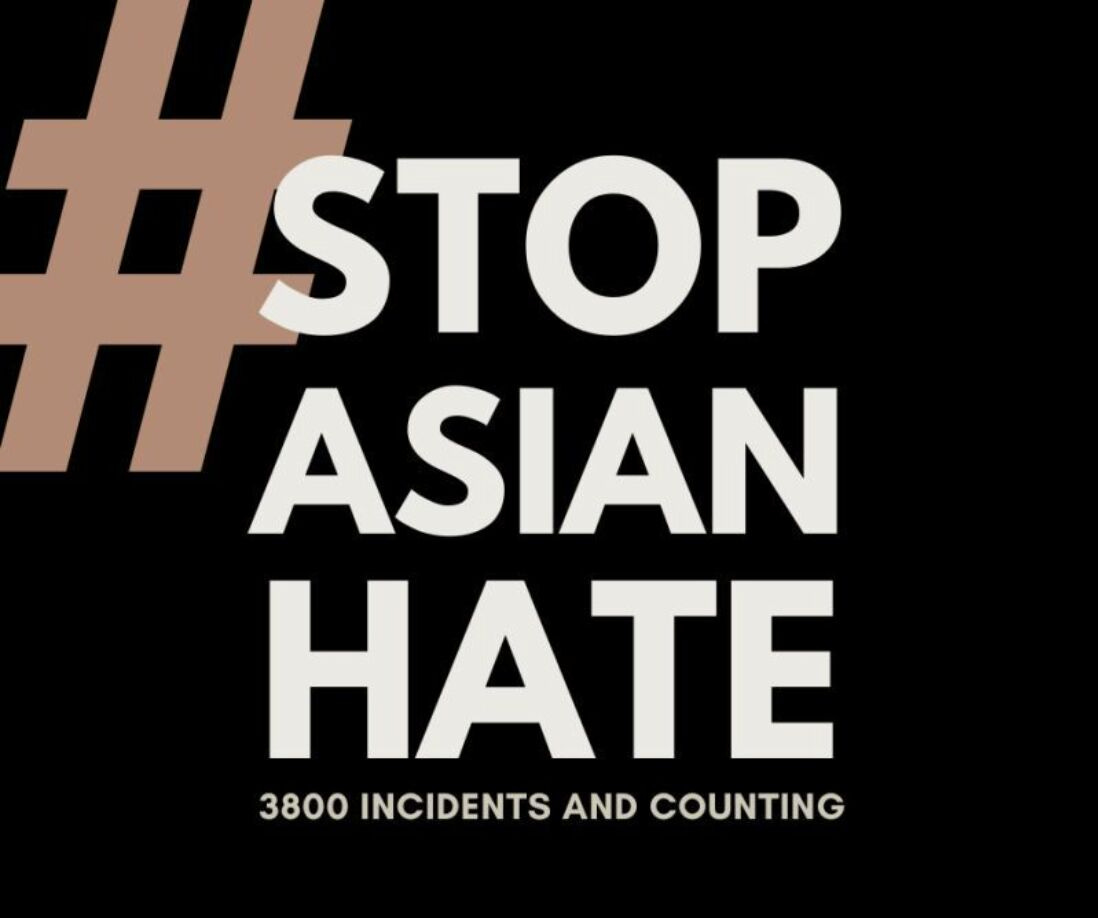Last week, a man went into three Asian-owned businesses and killed eight people: two clients and six Asian women. I rarely post about current events, because this newsletter is not really focused on the news. This week, however, I had a hard time writing something new. I’ve spent the past few days processing what happened and thinking about what it means.
I shared a post on LinkedIn and Facebook discussing my personal feelings and the hashtag #stopasianhate. Over a million people viewed it, and thousands shared it. I guess it struck a nerve, one that I must admit I feel unqualified to touch. In the comments (yes, I know, “never read the comments”), I saw several people asking why I was making something about race when these killings were about something else. A few others asked why we should single out Asians when we should be trying to stop all hate. While I don’t have all of the answers to those questions, I do know that when someone goes to three Asian-owned businesses and opens fire, it is saying something, even if we are not ready to hear it.
Connecting the Dots
Atlanta is close to my heart. I grew up in a small town near Charleston, South Carolina, and at least twice a year, my parents would take us on the six-hour drive to Atlanta for Chinese groceries. My sister went to Georgia Tech, so we spent even more years wearing down the roads between our home and the city where I hoped to live one day.
After college, David and I settled in Atlanta. We married at the Atlanta Chinese Christian Church and held our Korean-Chinese rehearsal dinner and traditional ten-course Chinese wedding banquet on Buford Highway.
After the events of last week, I connected with many of my Asian American friends, many of whom, like me, grew up in places with few people who looked like them. They recounted stories of coming of age as Asian Americans and being perpetually treated as “the other,” and discussed how it affected them personally. Some of these people I have known for over two decades, but what I noticed was that none of them had ever opened up about their experiences before last week. I always assumed that it was just me, that I didn’t try hard enough to fit in, or that maybe where I grew up was simply different. In particular, the words of one of my oldest friends, whom I first met when I was six, shocked me. He shared how he was terrorized for being Asian in his school, and how it impacted him. In all the years we have known each other, this was the first time we ever connected about something so disturbingly common where we were from.
Running from Race
I don’t speak about race lightly or easily. I spent so many years of my life pretending that it didn’t matter, that I was beyond those issues, as a way to distance myself from it. When I met David, he was the president of the Asian Students Association at the University of North Carolina at Chapel Hill. I remember, at age nineteen, baldly declaring to him, “I don’t get why you are into that Asian stuff.” He used to impress upon me how important it was that Asian Americans had a voice, and I pushed back, saying that it was better if we didn’t stand out so much and instead tried to fit in.
For me, it was easier to pretend that race didn’t matter -- that we could all just be judged on our merits. I even pushed back against my parents when they told me that two of the seminal events in my life were driven by the discrimination they had experienced.
Keep reading with a 7-day free trial
Subscribe to Perspectives to keep reading this post and get 7 days of free access to the full post archives.


